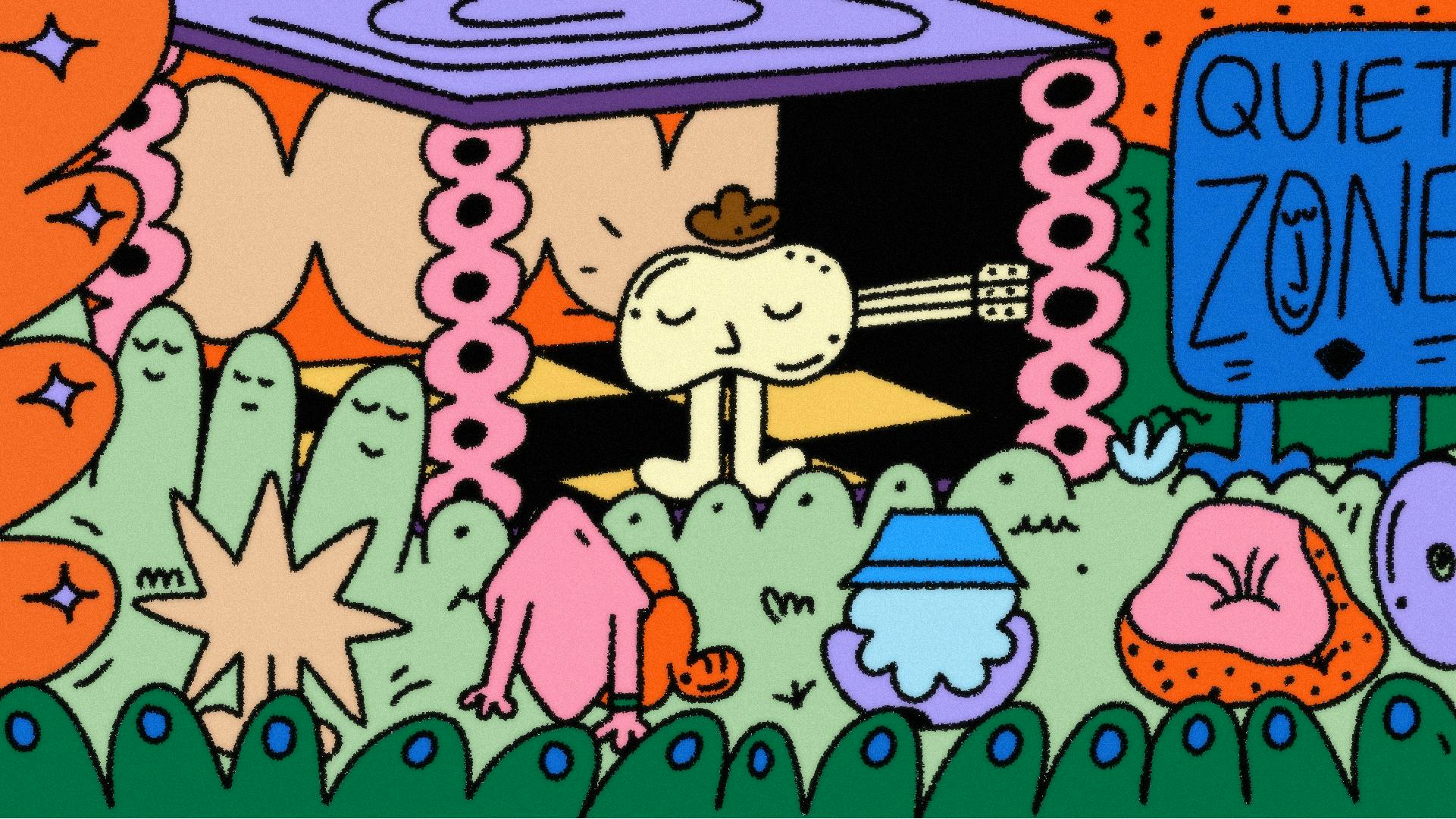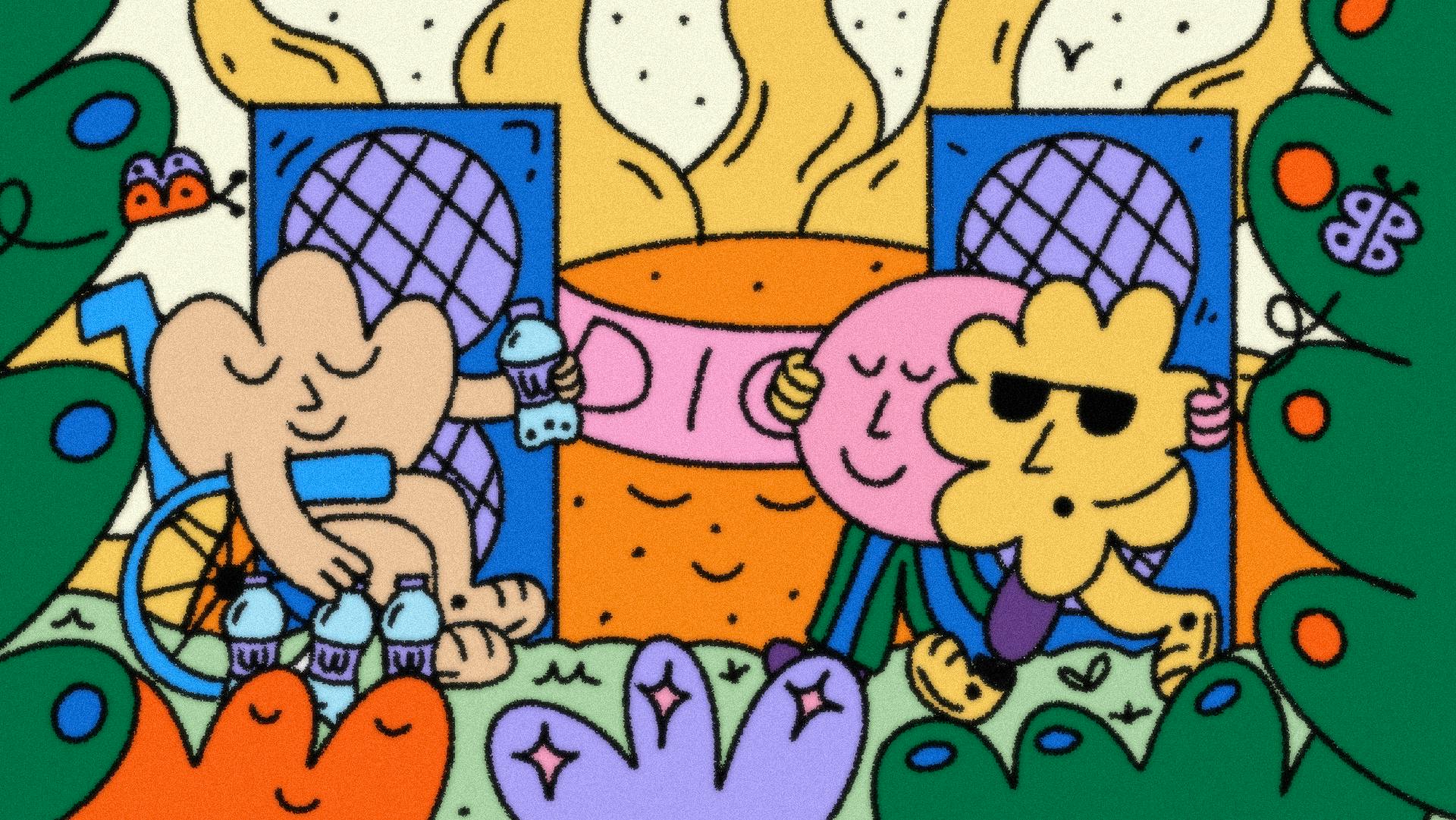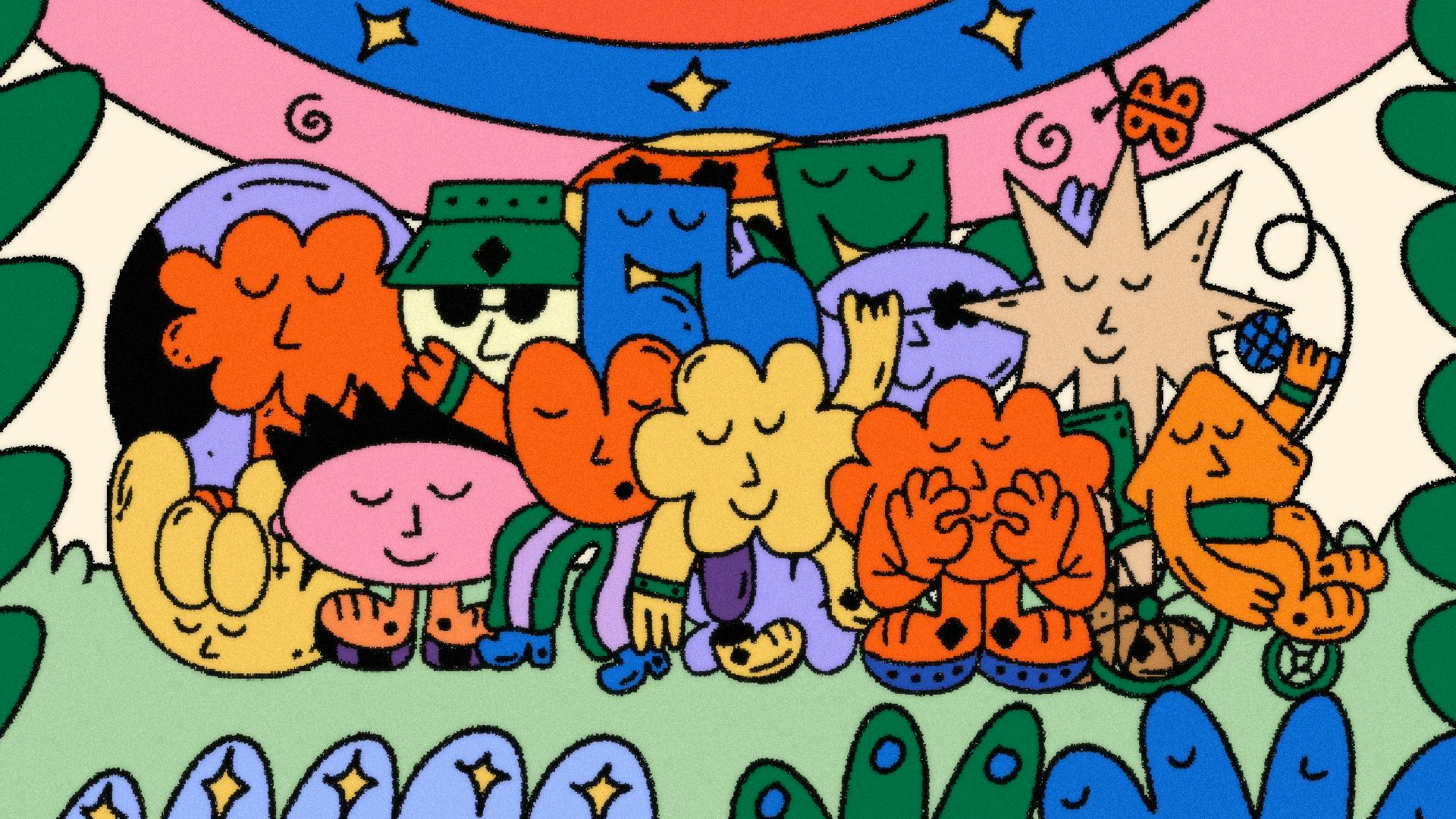Suzanne Bull’s been an active participant in the world of live music since she was 13 years old, whether by going to gigs or playing in bands – she’s cycled through post-punk, punk, goth and African drumming groups. But it wasn’t until she found herself pinned against a security barrier in her wheelchair at the 1990 Glastonbury Festival that she knew she had to challenge the status quo of the live event ecosystem.
Suzanne founded UK-based organisation Attitude is Everything (AiE) in 2000 as a one-year pilot programme aimed at making live events more accessible, which it continues to do primarily via the Live Events Access Charter – a step-by-step process designed to help venues and promoters build disability equality into their work from the ground up. The team works with a wide range of spaces, from grassroots venues to massive festivals, and in 2017, the UK government and UK Music’s Live Events Group adopted it as the best practice standards in access.


